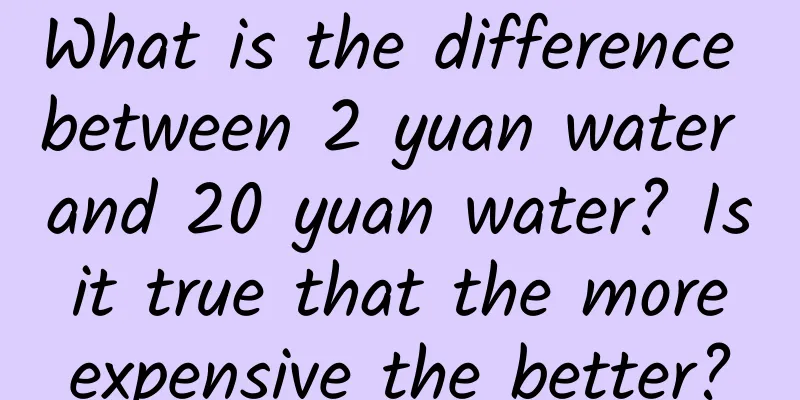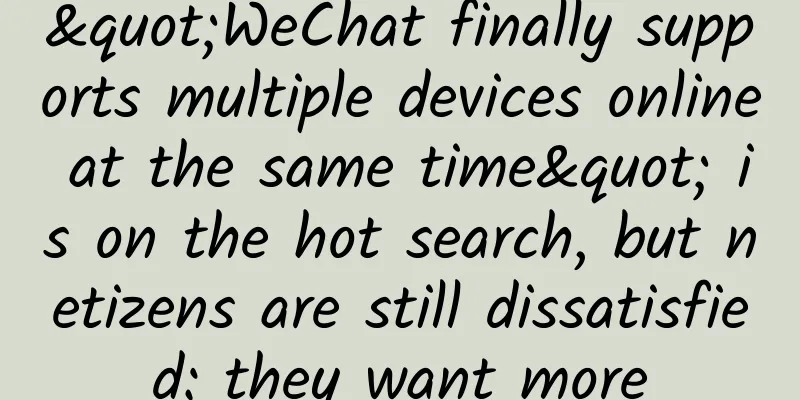Can WeChat chat screenshots be used as loan evidence? The judge reminded: Electronic evidence can be used, but pay attention to the following points

|
The Hangzhou Intermediate People's Court today released a case involving borrowing through WeChat and Alipay, which involved the judgment of electronic evidence such as WeChat screenshots and Alipay real-name transfers. There are some things that everyone needs to pay attention to.
Basic facts Lao Chen and Lao Zhou in the case are friends who met in Hangzhou several years ago. Lao Chen said that in 2017, Lao Zhou asked Lao Chen to borrow 10,000 yuan for capital turnover, and Lao Chen immediately transferred 10,000 yuan to the WeChat account provided by Lao Zhou. One day in 2018, Lao Zhou borrowed 500 yuan from Lao Chen again. Lao Chen thought the amount was not large, so he transferred the money to the WeChat account again. In 2019, Lao Zhou borrowed 10,000 yuan from Lao Chen again. This time, Lao Chen muttered in his heart: the 10,500 yuan borrowed last time has not been repaid. But due to friendship, Lao Chen still transferred 10,000 yuan to Lao Zhou's Alipay account. But later, Lao Chen asked Lao Zhou to repay the loan due to family problems. Lao Zhou repeatedly gave Lao Chen various reasons and excuses and refused to pay back a penny. Lao Chen was helpless and took Lao Zhou to court. Trial process During the trial, Lao Chen presented printouts of screenshots of WeChat and Alipay transfer records and telephone recordings, intending to prove the fact that Lao Zhou borrowed 20,500 yuan from him. However, the WeChat payment account was not a real-name account, so Lao Chen needed to provide evidence to the court to prove that the WeChat account belonged to Lao Zhou, but Lao Chen did not have such evidence. In addition, in the telephone recording submitted by Lao Chen, the amount of the loan stated by Lao Zhou was different and contradictory from the amount stated by Lao Chen in the trial, which further reduced the probative value of the telephone recording. At the time of the lawsuit, Lao Zhou was unable to appear in court in person to explain because his whereabouts were unknown. Based on the above circumstances, Lao Chen and his attorney realized that they did not have enough evidence, so they took the initiative to change their lawsuit request and only asked Lao Zhou to repay 10,000 yuan. Because the Alipay account is a real-name authenticated account, the transfer record provided by Lao Chen can prove the fact that Lao Chen transferred 10,000 yuan to Lao Zhou. In the end, the court determined that Lao Chen transferred 10,000 yuan to Lao Zhou through Alipay and the judgment supported Lao Chen's changed litigation request. Judge Reminder WeChat chat records, transfer records, WeChat short videos, etc. are all classified as electronic evidence. Electronic evidence is relatively special and there is a possibility of being forged, tampered with, and deleted. Therefore, when the court is trying a case, it has always been a difficult problem to judge the authenticity of electronic evidence. IT Home previously reported that on May 1, 2020, the "Decision of the Supreme People's Court on Amending Several Provisions on Evidence in Civil Litigation" was officially implemented, and WeChat records were also included in the classification of electronic data and can be used as evidence in lawsuits. However, we need to pay attention to the particularity of electronic evidence during litigation. Not just a few WeChat screenshots can be recognized by the court, and other evidence is required for auxiliary proof. If we want to submit WeChat chat records, transfer records, WeChat short videos, etc. as evidence to the court, first of all, we must preserve the original carrier of WeChat, such as mobile phones and computers, so that we can show the chat content to the judge in court. Never delete important records because of using the WeChat cleaning function. If you feel it is necessary to fix the evidence, you can choose to notarize the evidence at the notary office, or preserve the evidence. Secondly, other evidence that can prove the identity of both parties should be submitted at the same time, such as the process demonstration of logging into the WeChat account using the terminal device, the personal information interface of both parties in the chat, the complete WeChat chat records, etc., so as to prove the legitimacy and integrity of the WeChat records and clarify the identities of both parties. In addition, when transferring money or sending WeChat red envelopes, we can clarify the identity of the other party, the nature and purpose of the money in the WeChat chat and make notes in the transfer remarks column. Finally, we still recommend that you ask the borrower to issue a written IOU when conducting daily financial transactions, and do not cause unnecessary trouble later because of face-saving or troublesome reasons. |
<<: Even old users may not know! WeChat actually has so many practical tips
Recommend
Alibaba invests $50 million in remote control app, playing a big game
In addition to focusing on the e-commerce field, ...
Is yellow urine a sign of getting angry?
“You can tolerate feces, but not urine”, although...
Cold-resistant lithium-ion batteries, will your phone "hibernate"?
China Science and Technology News Network, Decemb...
Space is also about "environmental protection"! Wooden satellites are expected to become space "cleaners"
Image source: Kyoto University Author: Huang Xian...
From 3GS to 6S, Apple has caused us 9 times more trouble
Apple lets you listen to music, Apple lets you pa...
A strange star bridge! Is this a galaxy on one side and a black hole escaping on the other?
Bumper ball game between black holes Scientists d...
What short video methods did the popular Li Ziqi use?
The rise of short video media has driven traffic ...
Statistical analysis of mobile game players’ payment behavior in 2014
Recently, a mobile game trading platform released...
Why are brands rushing to collaborate across industries?
1. Why are there so many cross-border and joint v...
New Oriental: Tian Jing's core grammar and long and difficult sentences English 1 and English 2 courses
New Oriental: Tian Jing's Core Grammar and Lo...
Wi-Fi speed test: iPhone 6 is inferior to Samsung S6
Remember the last battle of the best smartphones?...
100 days, 1000 meters, a new starting point
Today marks the 13th month that Tianwen-1 has bee...
Experience sharing: How do we promote APP?
How to sell your product? Good promotion is the k...
How to attract more WeChat friends in private domains
Whether you open a Taobao store, do Douyin, write...









